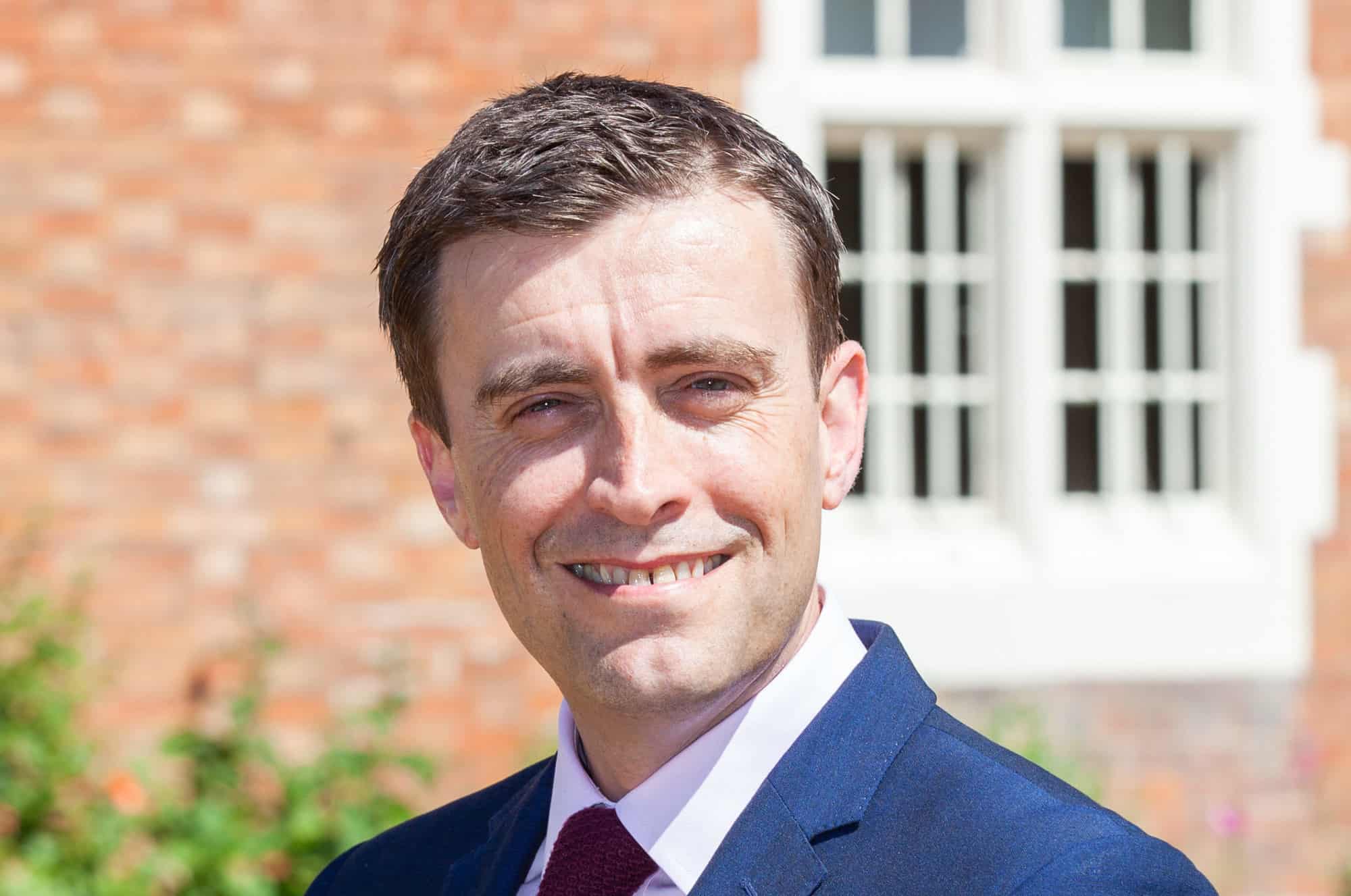Headmasters’ Blog – Anomie

Mental Health, Anomieand Schools.
In The Timesrecently there was an article which states that, “Family doctors say that they are the ‘new clergy’ and need to know what to do when patients come to them lacking meaning and purpose in life.’ This is a new one on me, and would appear to be yet another example of the insidious rise in rates of depression within modern, liberal capitalist societies.
What is the cause of this rising tide of depression and what, if anything, can schools do to help stem the tide among future generations? This is a huge question and is clearly beyond my competence to answer in any formal way, but I am going to indulge in the prerogative of the blogger and do some (reasonable I hope) speculating.
The first thing to say is that, doubtless, every individual’s depression has some of its own perfectly individual elements, upon which naturally, I could not even begin to speculate. But are there any general trends in our way of living which can be suspected as contributing to the apparent growth in rates of depression. One obvious point may be that depression isn’t on the rise but people are simply more likely nowadays to admit that they have it and feel able to talk about it. I suspect that, as with most mental illness, this is a factor. At the same time, it seems unconvincing as a complete explanation.
Other popular explanations might be increasingly sedentary lifestyles, the impact of excessive information technology use, the psychological demands of an increasingly acquisitive and materialistic society, or the decline in stable jobs for life. All may well play their part.
For my part, I would like to offer an additional candidate for blame which is often overlooked, this is anomie. Anomie can be defined as a sort of slow breaking apart of shared norms. In other words, it is a situation in which people living within the same society gradually move from sharing a moral code and a set of attitudes, prejudices and hopes, in to a situation in which, despite living within the same ‘system’ they are no longer ‘organically’ connected by any such shared identity. The term was originally coined by the French sociologist Emile Durkheim who, rather beautifully, referred to anomie as ‘the malady of the infinite,’ that is, a sense of existential queasiness resulting from too much freedom.
Anomie is indisputably a very real and endlessly, if slowly, growing feature of our world. It was not always so. It is reasonable to assume that prehistorical tribal societies experienced such a tight sense of shared identity that their members simply did not experience themselves as individuals in the way that moderns do. Subsequent civilisations were obviously much more individualistic and complex, but were often still tightly bound by shared norms, narratives and hopes – just think of the world of medieval Christendom. But, unquestionably, since the Enlightenment and the industrial revolution, the broad trend across most human societies has been one of ever greater individualism.
Most of us would instinctively see this as a good thing. Who would not want to live in a liberal, pluralist society? I may be a practising Catholic, but I wouldn’t want to live in a Catholic theocracy. The modern, liberal state sets minimal shared standards of morality – i.e. don’t hurt, abuse or discriminate against other people – but deliberately shies away from prescribing any more positive moral norms. I imagine that all of us would support this basic idea, but the problem is that, like most things, it has a dark side, and that dark side is anomie.
The moral norms set by the modern liberal state – which basically boil down to ‘don’t do anything to others that you wouldn’t want done to you’ and ‘if you don’t have anything good to say about someone, don’t say anything at all’ – are indisputably both good and necessary, but they are only negative or minimal moral standards. They tell us how to conduct ourselves with regard to others, but they give us nothing to fill ourselves. The result can very easily be ‘the malady of the infinite.’ The problem is how to solve the problem of anomie without also destroying liberalism and its achievements. In many ways, it is themodern problem because it has no obvious solution.
So, back in our everyday world, what has all of this to do with schools, and what can we do to help defend liberalism while ameliorating the effects of anomie? I don’t pretend to have the knowledge, intellect or experience to do anything more than sketch a few instinctive suggestions, but here they are anyway:
- We must defend the place of sports and the arts within our schooling system as if our lives depended on it. A curriculum that ends up too heavily focused on ‘instrumental’ knowledge at the expense of our shared culture and instinctive bonds may well do our economy good, but that will not count for much if our civilisation falls apart.
- We must defend and, where necessary, rebuild, the place of faith within schools and (within certain statutory limits) of faith schools themselves. Religion is like fire, unquestionably dangerous, but also vital to human life.
- We should ensure that (for the sake of liberalism itself) our humanities curriculum balances liberal and conservative viewpoints. At the moment it doesn’t, and that is dangerous for everyone.
- Most importantly, we should ensure that schools always remain much more than just places children go to study. A good school should provide every child in its care with a positive experience of esprit de corpsand shared identity and instil in them a sense of how incomplete life is without a sense of belonging to something greater than yourself. If we can achieve this then, hopefully, we play our part in helping to nurture future generations who can both preserve liberalism and keep anomie at bay.
